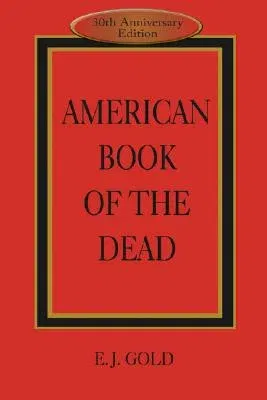With over 120,000 copies sold, this unique contemporary work brings the
timeless Tibetan Bardo teaching into current American culture and
language, with 49 days of readings for someone who has died or who is
preparing for the dying experience. This book has been and still remains
an important tool for providing a spiritual service to a dying person as
opposed to grieving, processing loss, or mourning for that person's
passage. Front matter includes Notes on the Labyrinth (or the Bardo...)
and other commentary by the author that provides insights for an
American reader who wishes to provide this guiding service to a family
member, spouse, friend, or anyone who is terminal. The reading
instructions very clearly outline when and what to read, without any
limitation of belief system--the practice is presented as
non-denominational, not requiring Buddhist or Christian or Jewish
prayers, but also not in conflict with any of these. A schedule of
readings shows graphically how to carry out the full series of 49 days
of readings, at approximately 10 to 20 minutes per reading. The book has
been in use since 1974 in various editions, taught in university courses
on Death & Dying and related subjects (it is referenced in a recent
handbook of acting exercises, for example...), and used by hospice
workers and nurses internationally. The American Book of the Dead is
often referenced in discussions of the 1970's West Coast spiritual
renaissance, and many of the baby boomer generation will recall it in
circulation when they were in college or beginning their careers.
Translated editions have appeared in Spanish and Greek languages, with
editions in preparation in German, French, Italian, and Polish. There is
a course available by correspondence and on the internet that gives
additional training for readers who wish to pursue the practice of
performing Labyrinth Readings or Bardo guiding as a service to
others--beyond one's own family and personal network.

